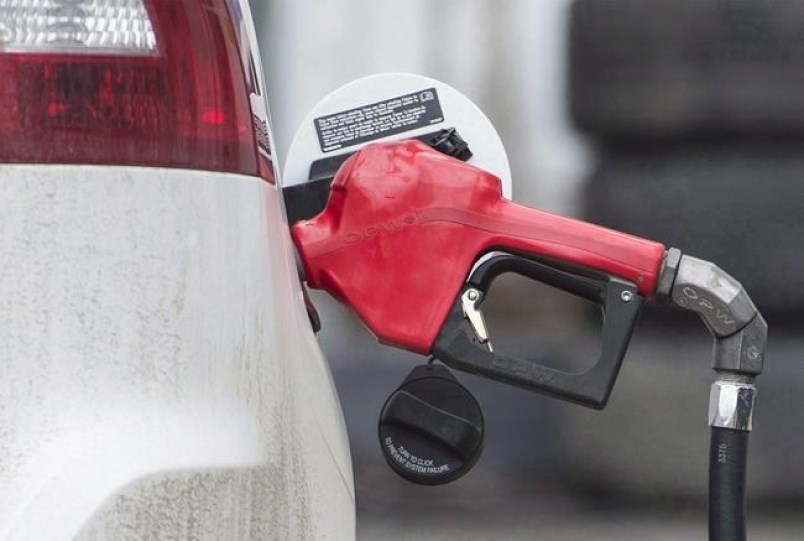The recent surge in the price of gas in much of B.C. has brought into full view the difficult task of reconciling effective climate action policies with the reality of populist politics.
The NDP’s ambitious clean energy plan is designed to significantly curtail greenhouse gas emissions over the next few decades. A key assumption inherent in the plan is that more and more people will stop driving fossil fueled vehicles and will switch to zero emission ones.
The problem, politically, is that kind of mass change will take years to evolve to the point of effectiveness. In the meantime, residents of Metro Vancouver are faced with a new reality of how expensive it is going to be to fill up their vehicles and drive around.
As the prices began to climb a few weeks ago, we witnessed the odd spectacle of watching the champion of the climate action plan – Premier John Horgan – vowing to do whatever he could to keep gas prices lower to assist beleaguered motorists.
In other words, heaven forbid that high prices discourage people from driving and thus help to reduce gas emissions. Far better to keep prices low to keep them in their cars, a task that defeats the spirit of the government’s climate action plan.
I have some sympathy for Horgan on this point, however. His party was elected largely on the promise of making life more affordable for people, and the cost of filling up at the pump can take a big bite from many folks’ budgets.
Therefore, on the one hand it sounds reasonable for the premier to express concern about the rising cost of driving. But on the other, a true effort to fight climate change means aggressively targeting drivers to get out of their cars.
Horgan and his government cannot have it both ways. The fact they seem to be struggling with this issue appears to be borne out by the premier’s constantly changing position on how those rising gas prices can be contained.
At first, Horgan seemed to hint at some sort of tax relief (the B.C. government is responsible for 35 cents of various taxes per litre of gas in Metro) but he quickly backpedaled off that position. Then, he suggested another refinery needed to be built, perhaps in B.C., and then he shifted to saying Alberta should build more refineries.
The refinery idea appears to be a non-starter. They are enormously expensive (there is a $22 billion one “planned” for the Kitimat area, but there is no evidence it has any financial backing) and take years to build.
A refinery needs years of production to make the investment pay for itself, and while fossil fuel use is expected to increase over the next 30 years or so, a decline in use will inevitably come as more and more alternatives and renewable energy sources become available.
Refineries have been on the decline for decades in Canada (we’ve gone from having 40 of them to the 19 we are home to now) because their profit margins have steadily shrunk. No one is going to be building another one in this country (an oil sands “upgrader” was recently built in Alberta but that’s technically not a refinery).
And, again, it seems odd at the very least that a government interested in fighting climate change is advocating building another gas refinery to refine even more fossil fuels.
Ironically, the one thing that may bring the quickest relief at the pump is twinning the Trans Mountain pipeline. That is because bitumen – which is not for gasoline – takes up 20 per cent capacity in the current TM pipeline.
Moving that bitumen to the second pipeline would potentially add at least 20 per cent more volume to move refined fuel into Metro Vancouver, thus increasing the supply and cutting prices by about 20 cents a liter (according to some estimates).
The lack of supply of refined gasoline is the single biggest factor in rising gas prices in Metro Vancouver, and another pipeline would provide the quickest relief.
However, I don’t think we will hear the NDP advocate this approach. Better, I suppose, to stick with the illusion that lowering gas prices is consistent with fighting climate change.
Keith Baldrey is chief political correspondent for Global BC. [email protected]
What are your thoughts? Send us a letter via email by clicking here or post a comment below.



